May 2, 2023
Agritourism: Agriculture and Tourism's Symbiosis
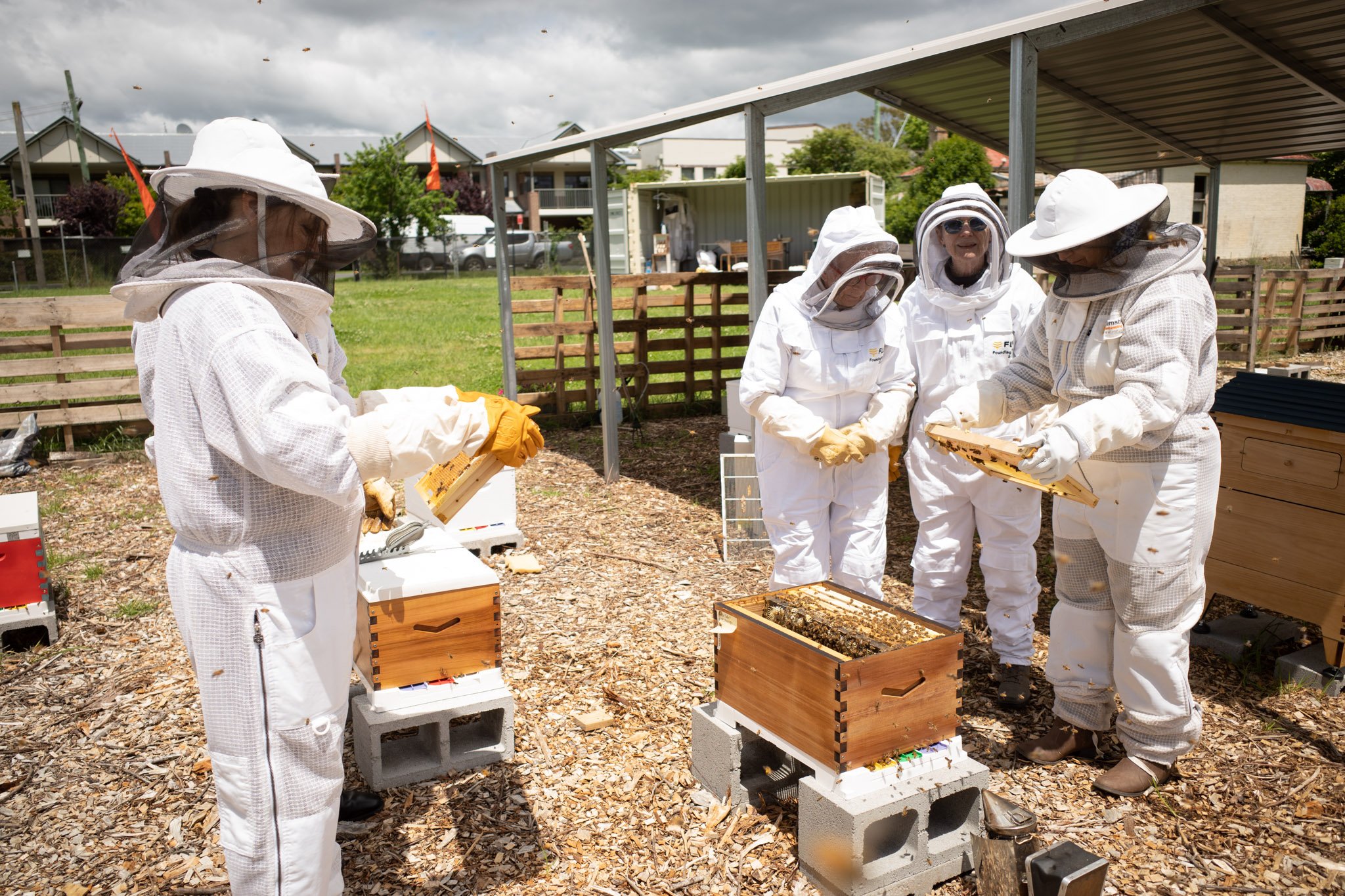.jpg)
Credit: Bowral Beekeeping.
Written by Niko Simos
May 2, 2023
Agritourism offers a unique and authentic experience for travelers who want to explore rural areas, learn about agriculture and sustainable farming practices, and immerse themselves in local culture and traditions. Defined as the symbiotic relationship between tourism and agriculture,’ agritourism is, as the name suggests, a form of tourism in which activities focus directly on agriculture and utilize the unique offerings of rural and agriculture-rich communities.The six essential elements of agritourism sustainability according to the Natural Resources Conservation and Research (NRCS), are authenticity, fun, values, relationships, learning, and involvement.
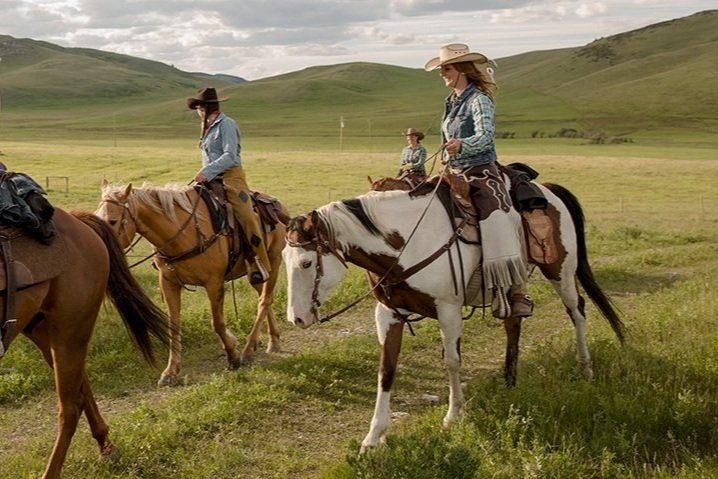
Credit: USDA.
A growing industry that offers a unique opportunity for tourists to experience agriculture and farm life, agritourism provides visitors with the chance to explore local culture and traditions while learning about sustainable farming practices. According to Yahoo! Finance, the Global Agritourism Market size is expected to reach $10.7 billion by 2028, rising at a market growth of 10.7% CAGR during the forecast period. According to the 2017 Census of Agriculture, 28,575 farms offered agritourism and recreational services resulting in $949 million in sales. In addition, direct-to-consumer sales brought in $2.8 billion in sales for 130,056 farms. Lastly, a 2021 study conducted by Allied Market Research projected that the global agritourism industry will expand by an additional 13.4% by 2027.
What is driving agritourism’s recent popularity?
There are several reasons behind this recent agriculture-driven trend according to Forbes. The Covid-19 pandemic changed the way people made travel plans, and agritourism emerged as a popular choice for those seeking a unique and safe outdoor experience. In 2020, stories about you-pick sunflower farms went viral, attracting people out of quarantine for a day in the sunshine, complete with built-in social distancing.

Credit: Holland Ridge Farms.
Younger consumers, specifically millennials and Gen Z, are also becoming increasingly concerned about the source and quality of their food. This has led them to seek out experiences that provide an opportunity to learn about where and how their food is produced. Agritourism venues offer the perfect platform for visitors to get a glimpse into the world of farming, from harvesting fruits and vegetables to learning about sustainable farming practices.
Additionally, social media influencers on platforms like Instagram and TikTok have also played a significant role in the rise of agritourism. With their firsthand look at farm life, they have caught the attention of a largely urban and suburban audience, sparking an interest in rural lifestyles and the agriculture industry. This type of content serves as a gateway for many to visit a farm or partake in some form of agritourism.
For aspiring influencers, agritourism venues have become a popular spot for photo shoots and video content. With picturesque sunflower fields and adorable baby animals, these venues provide the perfect backdrop for Instagram-worthy shots that can boost social media presence.
Agritourism includes a wide range of aspects and activities such as:
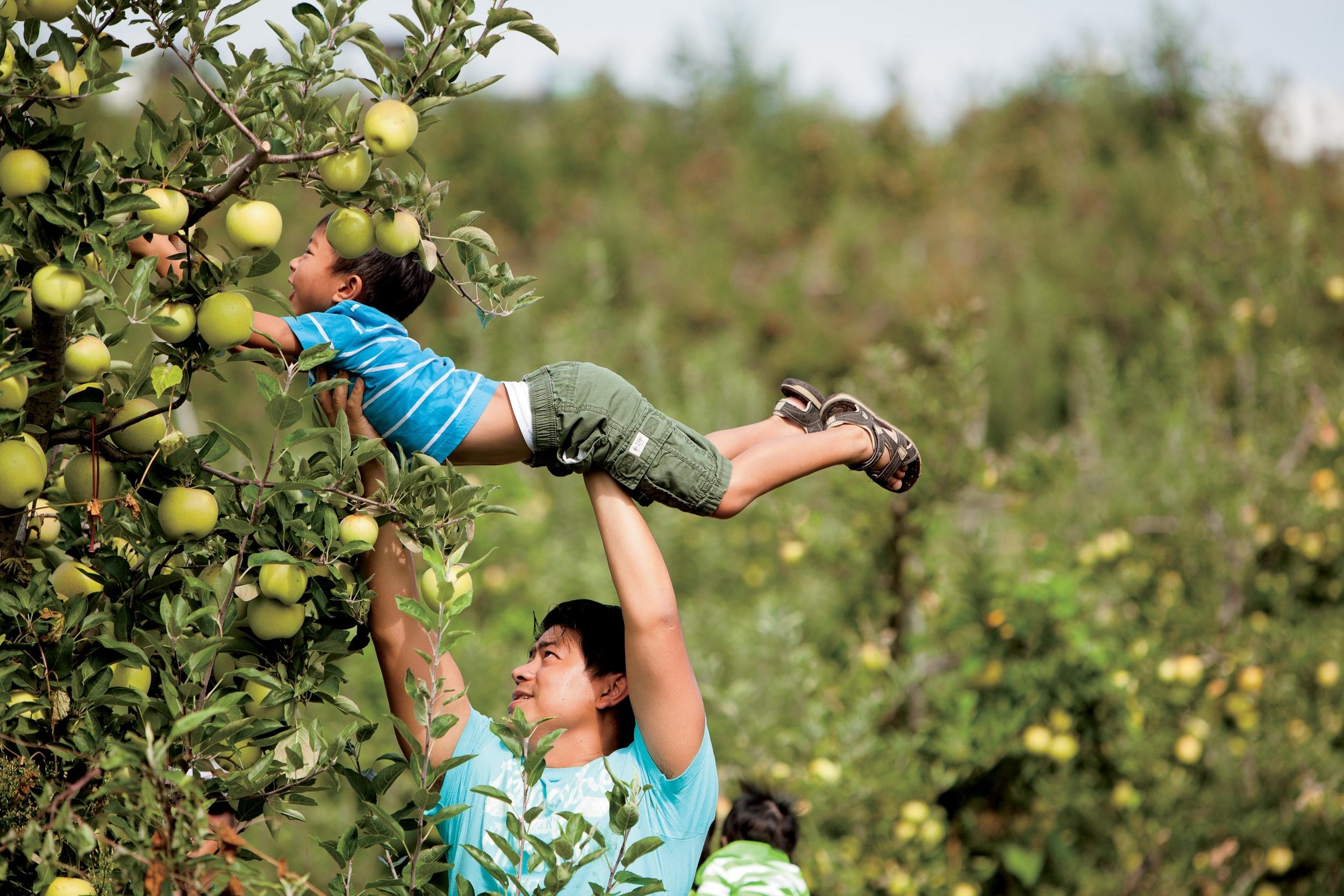
Credit: Farm Flavor.
On-farm sales of agricultural products (direct-to-consumer): Farmers can sell agricultural products directly to consumers on the farm. This takes the form of farmers markets, where farmers sell their products, and pick-your-own operations, where visitors can pick their own produce from the farm, giving a magnificent experience to the tourist working in the field.
Educational tourism: This type of tourism involves providing visitors with a learning experience about agriculture and rural life. This includes school tours and farm work experiences on organic farming and sustainability, workshops, etc.
Entertainment: Agritourism can also provide visitors with entertainment options such as hayrides, corn mazes, petting zoos, haunted barns and beekeeping.
Hayrides: A hayride is a fun activity where visitors ride on a wagon filled with hay bales. It's a popular fall activity on farms and ranches, where guests can enjoy the beautiful scenery and fresh air.
Corn mazes: A corn maze is a labyrinth created from a field of corn. Visitors are challenged to find their way through the maze and often play games or solve puzzles along the way. Corn mazes are a popular fall activity, and some farms even offer nighttime maze experiences.
Petting zoos: A petting zoo is an interactive exhibit where visitors can pet and feed animals. It's a great activity for families with young children and allows them to learn about farm animals up close.
Haunted barns: A haunted barn is a spooky attraction that's popular around Halloween. Visitors walk through a barn that's been transformed into a haunted house, complete with scary decorations, sound effects, and actors in costume.
Beekeeping: Beekeeping is the practice of maintaining beehives for the purpose of collecting honey and other products such as beeswax and propolis. In agritourism, visitors can learn about the importance of bees in agriculture, how honey is made, and even get hands-on experience with beekeeping equipment.
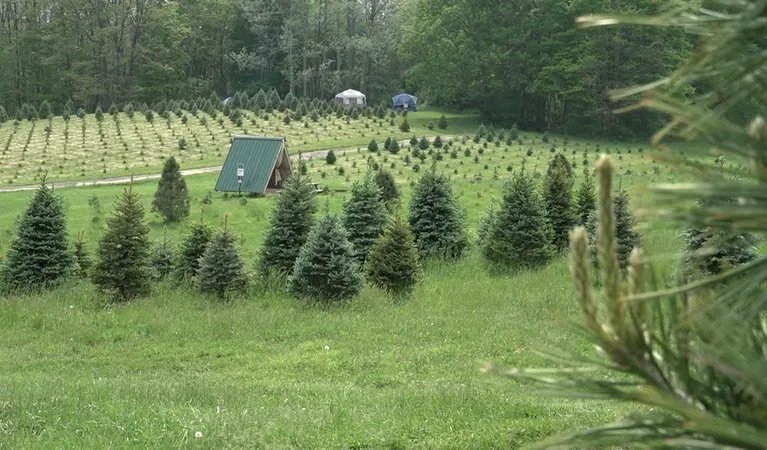
Credit: Fox Business.
Accommodations: Accommodations in agritourism include offering visitors a place to stay overnight on the farm and relax. Some options may be:
Farmhouses: These are traditional farmhouses that have been converted into guest accommodations, offering a rustic, authentic experience and often include amenities such as a kitchen, living area, and outdoor space.
Glamping tents: Glamping tents provide a luxurious camping experience, with comfortable beds, heating/cooling, and sometimes even en suite bathrooms, allowing guests to feel close to nature while still enjoying the comforts of home.
Cabins: Cabins are another rustic option for accommodation, often nestled in the woods or near a lake, offering a cozy retreat and can be equipped with basic amenities such as a kitchenette and a bathroom.
Bungalows: Bungalows are standalone units that offer privacy and seclusion. They can be equipped with a kitchen, living area, and outdoor space, making them a great option for families or small groups.
Outdoor recreation: Agritourism can also provide visitors with outdoor recreation activities that people engage in outdoors for leisure, sport, or adventure. Some options might include horseback riding, hunting, fishing, and bird watching.
Agritourism offers a range of benefits to farmers and providers, including:
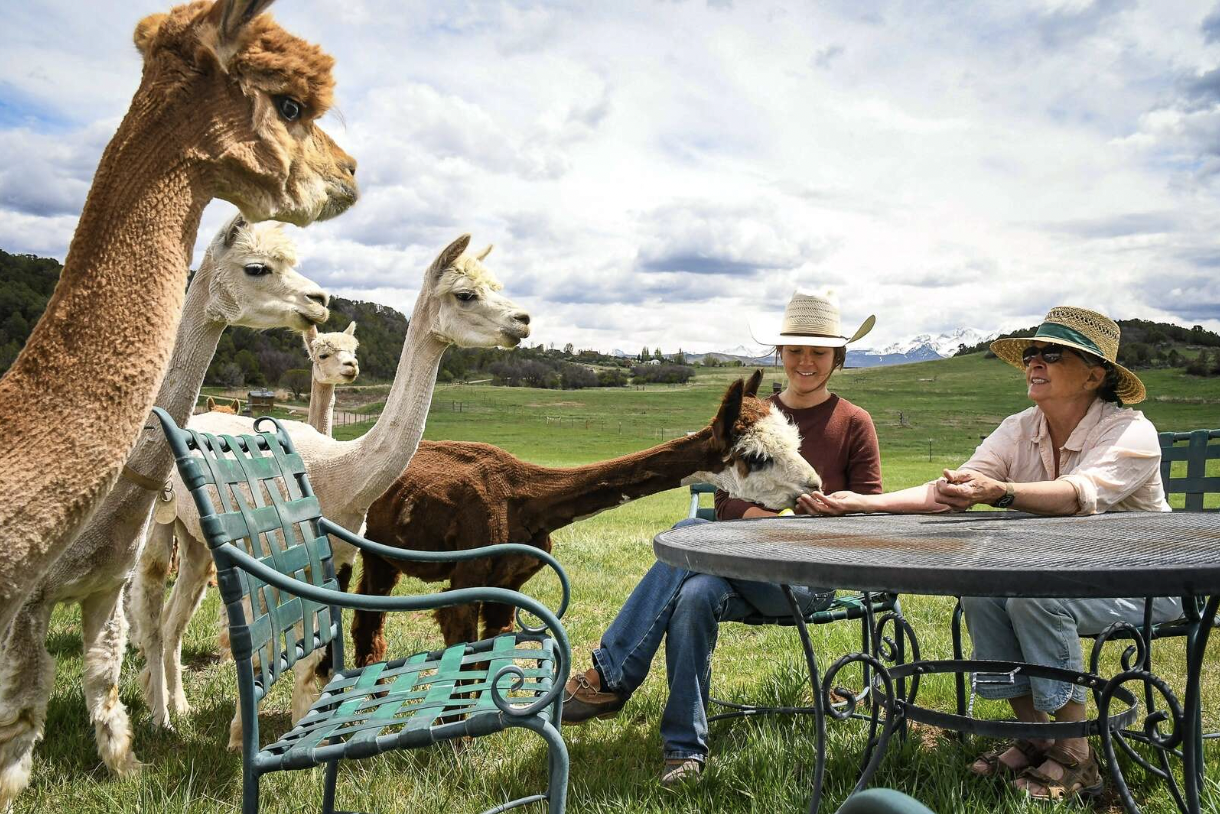
Credit: Post Independent.
Generate additional/new income: Agritourism allows farmers to generate additional income from their existing resources and activities, such as selling farm produce, offering farm tours, or providing farm-stay accommodations. Also, gritourism provides an opportunity for farmers to make use of underutilized resources on their farm, such as unused land or buildings, and turn them into income-generating assets.
Keep land in the family and employment: Agritourism can provide a viable alternative to selling farmland, allowing farmers to keep their land in the family and pass it down to future generations. Agritourism can also provide employment opportunities for family members who may not be involved in the traditional farming activities, such as managing accommodations or leading farm tours.
Education of public and customers: Agritourism provides an opportunity for farmers to educate the public and customers about agriculture, farming practices, and the importance of supporting local food systems.
Build neighbor/community relations: Agritourism can help build relationships with neighbors and the community, promoting a greater understanding of the importance of agriculture and farming in the local economy.
By supporting agritourism, travelers can not only have a memorable experience but also help sustain rural communities and the agriculture industry at large.
Want to develop your agritourism project?
